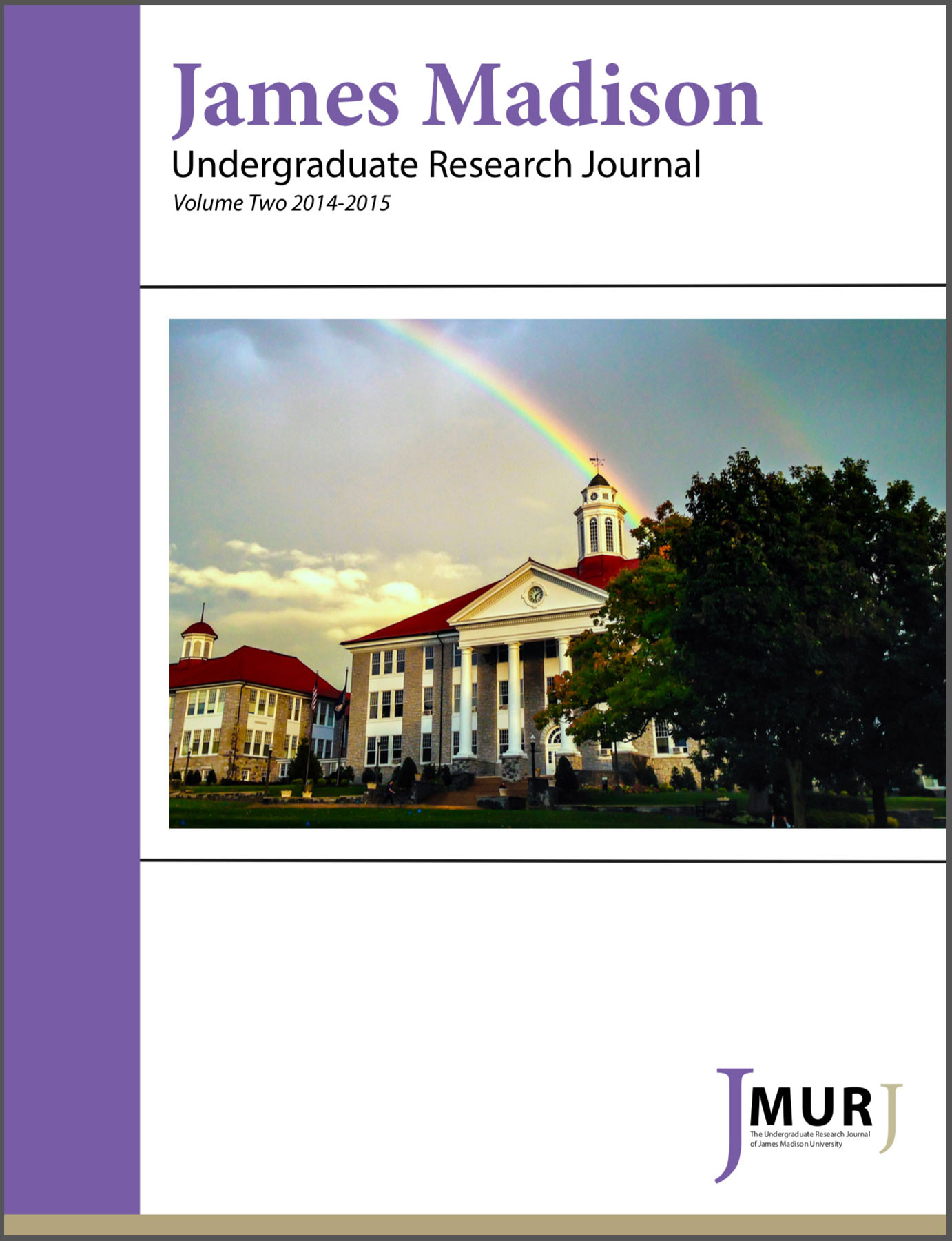Incontinentia, Licentia et Libido: The Juxtaposition of Morality and Sexuality during the Roman Republic
Robert Sharp
History
Sex and sexuality are important elements of human experience but are surrounded by taboos. Roman sexuality traditionally has been viewed as licentious and obscene in nature, and seemingly incongruous with the propriety expected in an honor-shame culture. This paper examines Roman sex and sexuality during the Republic period and their existence alongside traditional Roman values and customs.
A Bioinformatics Approach to Revealing the Genetic Basis for Host Range Specificity
Hayley A. Norian
Biology
Bacteriophages, or phages, are viruses that infect bacteria. Mycobacteriophages are bacteriophages that specifically infect the genus Mycobacterium. Bacteriophages are highly host-specific and typically only infect a small number of bacterial hosts. This paper seeks to understand bacteriophage specificity by utilizing a bioinformatics approach to research and apply that research to understand how bacteriophages might be better adapted to help more people in the future.
Animating Gender Roles: How Disney Is Redefining the Modern Princess
Juliana Garabedian
Writing, Rhetoric and Technical Communication
A prominent voice in the entertainment industry, Disney impacts many facets of society, including how we define gender roles. Over the past few decades, Disney has broken through the concept of the damsel in distress and transitioned to represent and even advance modern feminist ideals. From likable protagonists to prominent images and popular products, the movies reinforce the gender roles they present because children learn to imitate the characters during playtime.
Beyond Interpretation: The Need for English-Spanish Bilingual Psychotherapists in Counseling Centers
Stephanie Guilman
Psychology
Despite the cultural and linguistic diversity that exists in the United States of America, bilingualism and multiculturalism have been neglected, if not almost completely ignored, in the field of psychotherapy. This article focuses on Spanish-speaking clients seeking mental health services in the United States, surveying the available literature to argue that that clients who receive therapy in their native language are better able to express themselves and form closer relationships with their clinicians.






